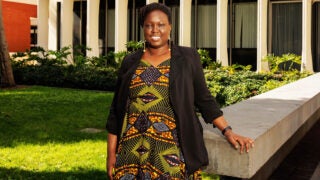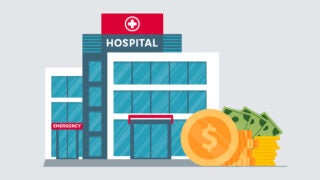Elizabeth Ondula, a USC doctoral student in computer science, examines how policymakers and administrators can leverage AI to prepare for an infectious disease outbreak.
COVID-19
News Listing
USC experts explain why polarization erodes civility in public discourse, turning private citizens and elected officials into targets.
A study from USC Price’s Glenn Melnick found that California’s hospitals still face a challenging financial outlook in the wake of the pandemic.
A new study reveals a surprising parent-expert gap regarding the impact of COVID on the academic well-being of children.
A USC researcher analyzed millions of tweets to shed light on a new dimension of K-Pop’s influence: public health.
Keck Medicine of USC investigates whether a nutritional intervention could curb the condition, which so far has no cure.
Keck Medicine of USC experts discuss new recommendations for staying healthy and safe during the respiratory virus season.
USC research finds that the answer to getting more shots into arms is just a text message or email away.
Researchers at USC’s Information Sciences Institute used machine learning and deep statistical analysis to look for answers about vaccine hesitancy.
Parents worry about potential long-term risks from the vaccine, and some fear they’ll be viewed as responsible if their child becomes sick after the vaccination, USC research finds.










